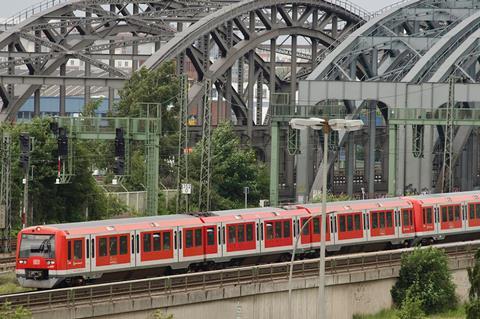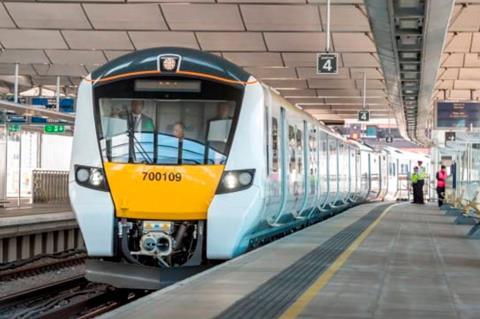
GERMANY: Federal railway research body DZSF is providing €1·7m to fund two projects to define requirements for authorising the automated operation of regional and main line passenger services.
The studies will consider Grade of Automation 3 (automated operation with an onboard attendant able to intervene in an emergency) and GoA4 (unattended).
Project A is led by TU Berlin and includes aerospace research centre DLR, DB’s engineering business DB Systemtechnik and Siemens Mobility. It will investigate functional requirements for sensors and logic, comparing the performance of manually-driven and automated trains to identify what the automated systems will need to be able to do to match the capabilities of a human driver.
Project B will investigate the requirements needed to ensure that automated trains provide at least the same level of safety as manually driven ones. It will be led by Siemens Mobility, working with partners Technische Universität Berlin and TÜV Rheinland.
DZSF said that accepting too a high a level of risk from automated systems could lead to rejection of the technology, while if too low a level of risk were to be considered acceptable then it could be too difficult to meet the requirements, and the potential benefits of automation would be not be realised.
The projects will run for 30 months, with completion planned for April and May 2023.

Siemens Mobility said it would contribute its experience from previous work including metro automation in Nürnberg and Paris, ATO using ETCS on the Thameslink commuter route through London, and its research into obstacle detection systems.
The company is currently undertaking a pilot project for highly automated driving on the Hamburg S-Bahn, with passenger services scheduled to start next year.
‘We are counting on the advantages rail automation offers to passengers and operators alike’, said Gerhard Greiter, Siemens Mobility CEO for Northeastern Europe, on November 24. ‘Whether it’s about punctuality, safety or energy efficiency – self-driving trains bring mobility to a new level.’
In May this year Alstom, DLR, TU Berlin, operator Metronom and the Greater Braunschweig transport authority announced plans to trial GoA3 operation of Coradia Continental regional multiple-units in a ‘regulatory sandbox’. This would enable innovations that are only partially compatible with existing legal and regulatory frameworks to be tested in a real-world environment.
- DZSF is also funding studies in to the effects of heavy rainfall on rail infrastructure (geo7 and Geomer); the development of rail-specific standards and regulations for hydrogen fuel cell vehicles (TÜV Rheinland InterTraffic); the automated identification of capacity bottlenecks (Quattron Management Consulting); predicting the cybersecurity requirements of digital railway technologies (NEXTRAIL); and avoiding human error in the event of faults with control and safety technology (TU Berlin and TU Braunschweig).

















